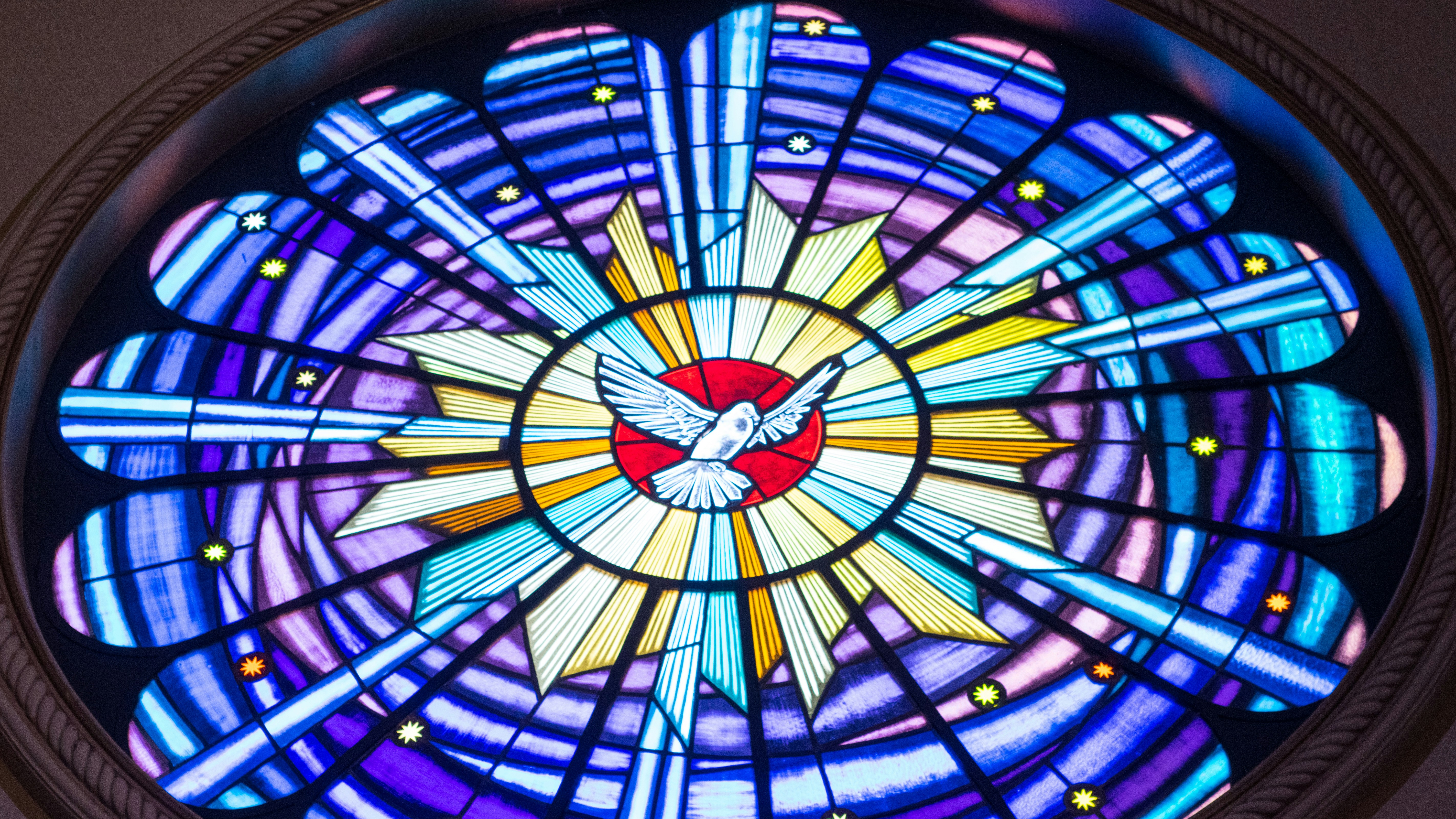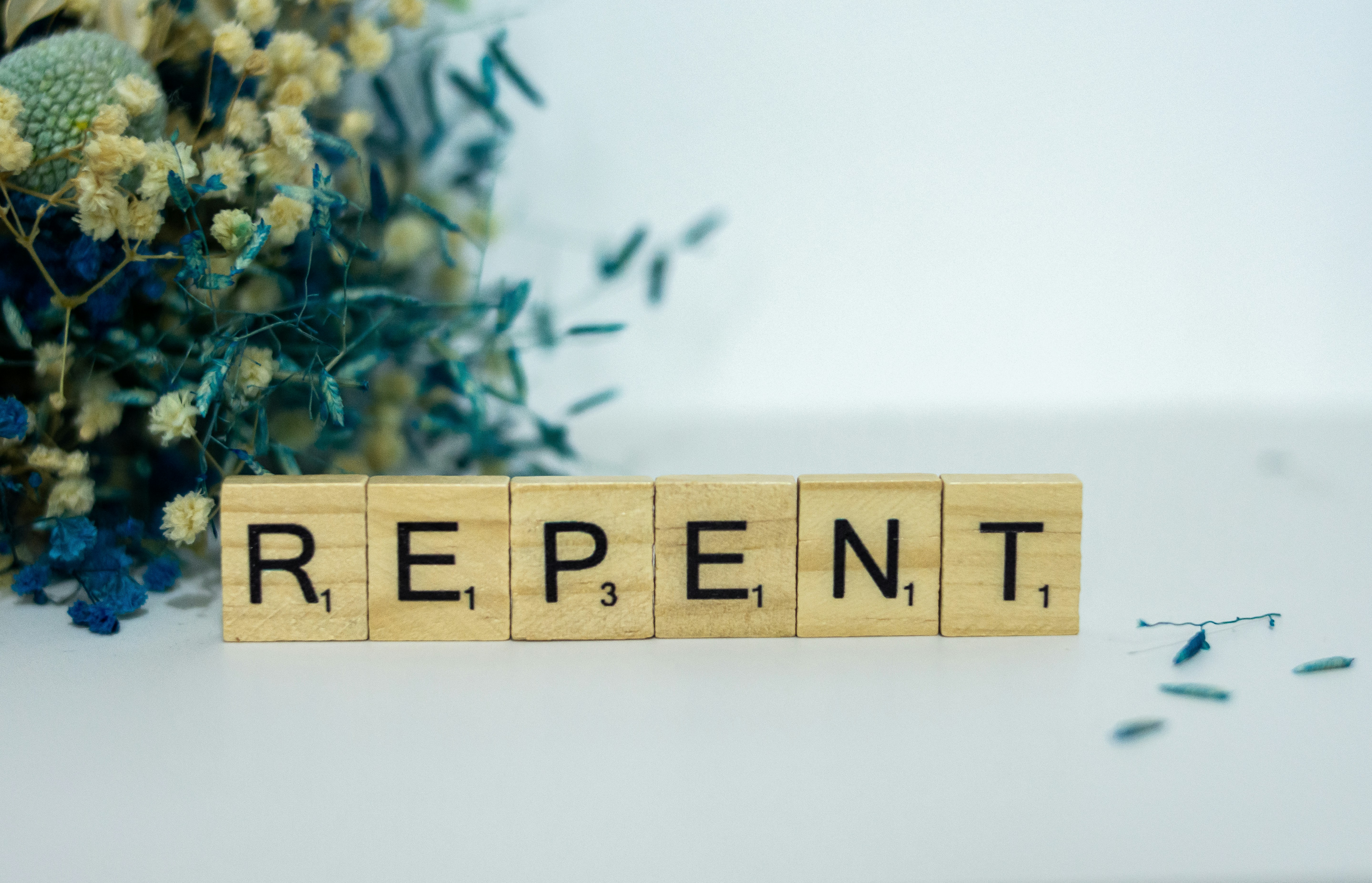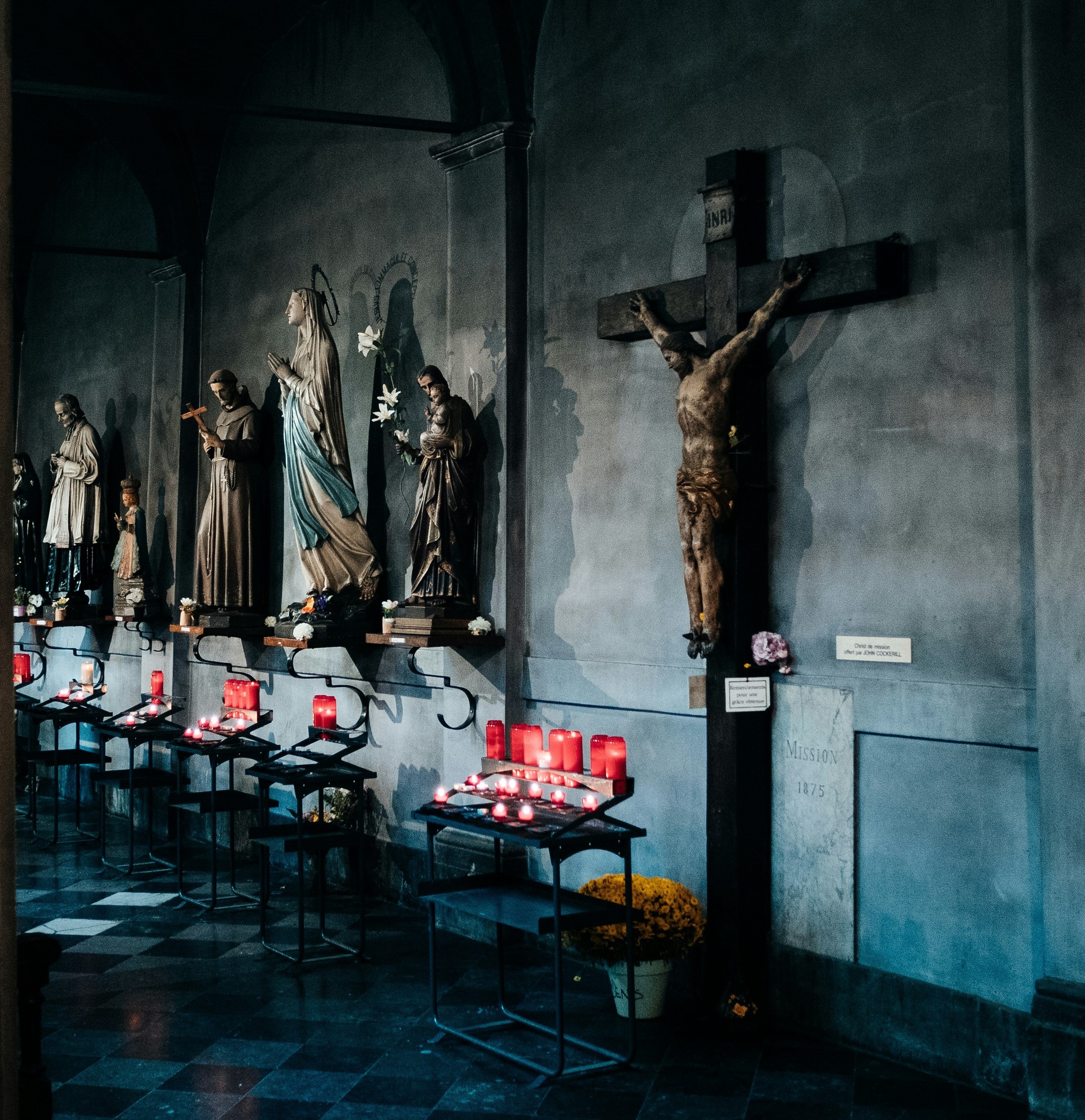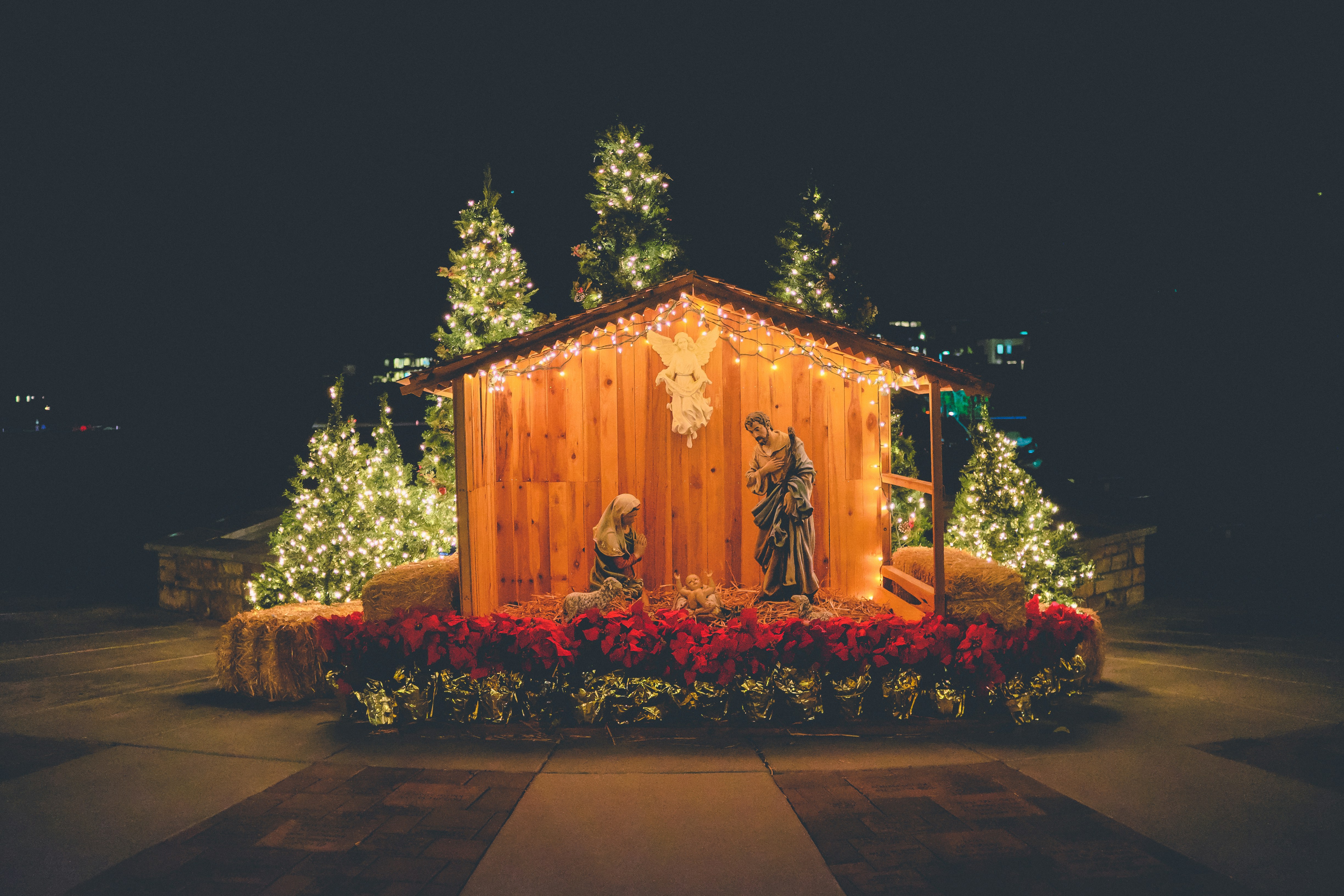Have you ever felt like a failure or a hypocrite? I can remember the first big event that I gave a talk for and I underestimated how different it was to talk in front of a youth group of 15 people as opposed to 300. Though I think it went well, I certainly felt like I jumped into something and had to see it out to prove to myself and others that I could do it. We all do this time and again where we want to try to prove our worth.
The sequence of events typically goes something like acting in order to enter into a relationship in order to prove worth or dignity. This is how people try to climb the ladder at their jobs or how they often ask people out on a date. The model that Christ gives us flips this train of thought on its head.
Today is the birthday of the Church, Pentecost, and we see the Apostles cowering in the Upper Room. They are probably thinking that they have to prove themselves. They are terrified, but you can almost feel their desperation to come up with the next step to take in order to keep their relationship with Jesus and prove their worth.
Once again, Jesus knows better. Instead of first expecting something from them, He shows them who they are, then doubles down on the relationship, and then expects them to act. There is a philosophical idea that action follows being. If we believe that we are truly made in the image and likeness of God then we’ll start acting in accord with what a child of God would do.
This is the lesson He gives the Apostles. He knows they are afraid and instead of asking them to come up with a plan to prove themselves, He gives them the power of the Holy Spirit. He shows them that first and foremost they have dignity, then He shows them the relationship He has with them, and then they have the confidence to go out and preach the Good News.
The Holy Spirit does the same for us today. If we are ever feeling like we have to prove ourselves or like we are hypocrites, it is time to pray to the Holy Spirit. In this way we will realize our immense worth, we will be grounded in our relationship with God, and we will have the courage, just like the Apostles did, to act.
Come, Holy Spirit, fill the hearts of your faithful and kindle in them the fire of your love. Send forth your Spirit and they shall be created, and you shall renew the face of the earth.
From all of us here at Diocesan, God bless!
¿Alguna vez te has sentido un fracasado o un hipócrita? Me acuerdo del primer gran evento en el que di una charla y subestimé lo diferente que era hablar frente a un grupo de jóvenes de 15 personas en lugar de 300 personas. Aunque creo que salió bien, ciertamente sentí que me había lanzado a algo y que tenía que llevarlo hasta el final para demostrarme a mí mismo y a los demás que podía hacerlo. Todos hacemos esto una y otra vez cuando queremos intentar demostrar nuestro valor.
La secuencia de eventos suele ser algo así como actuar para formar una relación con el fin de demostrar nuestro valor o dignidad. Así es como las personas intentan ascender en sus trabajos o cómo a menudo invitan a la gente a salir. El modelo que Cristo nos da voltea esta línea de pensamiento.
Hoy es el cumpleaños de la Iglesia, Pentecostés, y vemos a los Apóstoles encogiéndose de miedo en el Cenáculo. Probablemente estén pensando que tienen que demostrar su valor. Están aterrorizados, pero es casi palpable su desesperación por encontrar el siguiente paso que dar para mantener su relación con Jesús y demostrar su valor.
De nuevo, Jesús sabe mejor que ellos. En lugar de esperar algo de ellos primero, les demuestra quiénes son, luego pone aún más énfasis en la relación y luego espera que actúen. Existe una idea filosófica que dice primero ser, luego actuar. Si creemos que realmente estamos hechos a imagen y semejanza de Dios, entonces comenzaremos a actuar de acuerdo con lo que haría un hijo de Dios.
Esta es la lección que les da a los apóstoles. Él sabe que tienen miedo y en lugar de pedirles que elaboren un plan para demostrar su valor, les da el poder del Espíritu Santo. Les demuestra que, ante todo, tienen dignidad, luego les demuestra la relación que Él tiene para con ellos y después tienen la confianza para salir y predicar la Buena Nueva.
El Espíritu Santo hace lo mismo con nosotros hoy. Si alguna vez sentimos que tenemos que demostrar nuestro valor o que somos hipócritas, es hora de orar al Espíritu Santo. De esta manera nos daremos cuenta de nuestro inmenso valor, nos afianzaremos en nuestra relación con Dios y tendremos la valentía, como los Apóstoles, de actuar.
Ven, Espíritu Santo, llena los corazones de tus fieles y enciende en ellos el fuego de tu amor. Envía tu Espíritu Creador, y renovarás la faz de la tierra.
De parte de todos nosotros aquí en Diocesan, ¡Dios los bendiga!

Tommy Shultz is a Business Development Representative for Diocesan. In this role he is committed to bringing the best software to dioceses and parishes while helping them evangelize on the digital continent. Tommy has worked in various diocese and parish roles since his graduation from Franciscan University with a Theology degree. He hopes to use his skills in evangelization, marketing, and communications, to serve the Church and bring the Good News to all. His favorite quote comes from St. John Paul II, who said, “A person is an entity of a sort to which the only proper and adequate way to relate is love.”
Feature Image Credit: James Wheeler, unsplash.com/photos/woman-walking-in-forest-with-child-RRZM3cwS1DU
The views and opinions expressed in the Inspiration Daily blog are solely those of the original authors and contributors. These views and opinions do not necessarily represent those of Diocesan, the Diocesan staff, or other contributors to this blog.












